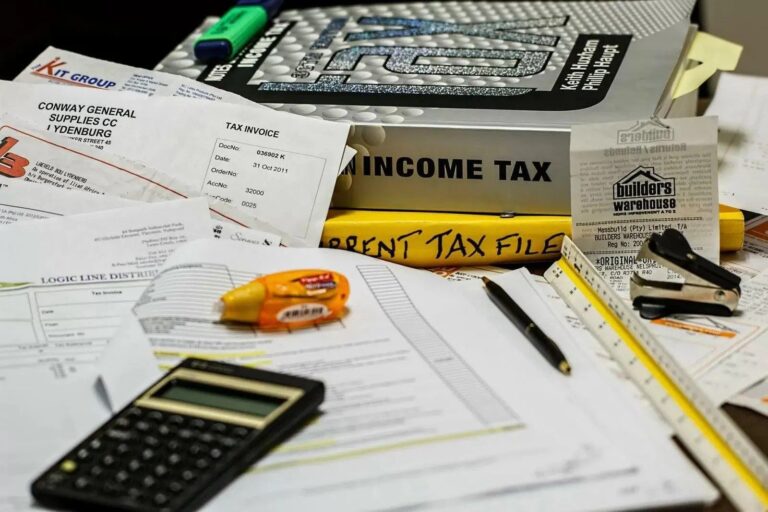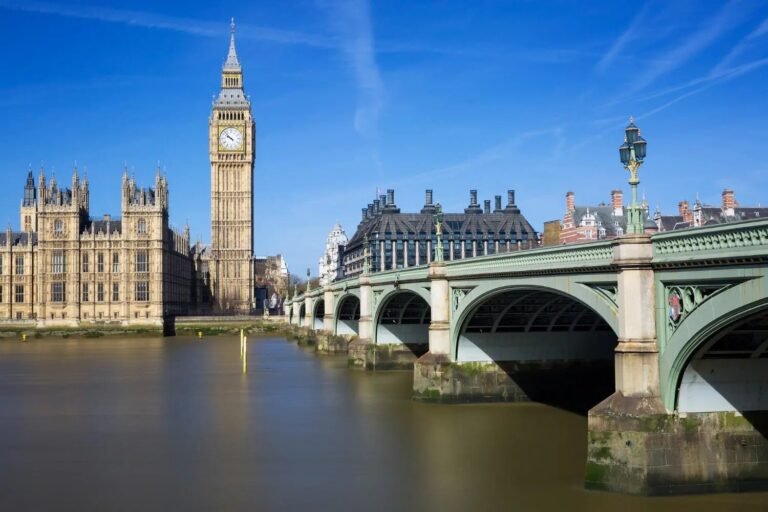Building on our prior discussions, it’s important to note that the Tour Operators’ Margin Scheme doesn’t apply when functioning as an agent, as outlined in our earlier articles.
We have already explored the distinctions between acting as an agent or a principal.
Now, let’s delve into the analysis of each position concerning the serviced accommodation business in the UK.
VAT Status for Serviced Accommodation Agents
For an agent, the supplied service pertains to the agency, and VAT is charged on the commission or fee received from landlords. Only this fee is considered for VAT registration and payment, not the entire turnover from the Serviced Accommodation.
Importantly, a Serviced Accommodation Managing Agent is not contractually responsible to the guest. When the commission is paid by the landlord or supplier, they become the customer, typically creating a business-to-business (B2B) relationship as they actively promote their property through an agent.
In B2B transactions, commissions follow the general place of supply rule, triggering UK VAT considerations if the business customer is based in the UK. However, if the business customer is outside the UK, UK VAT is not app
licable.
For business-to-consumer (B2C) transactions, commissions are taxed based on the property’s location.
VAT Status for Serviced Accommodation Principal
Generally, the Value Added tax (VAT) rules for a property align with the country it’s in, irrespective of the supplier or customer’s location.
UK residential property is typically exempt from VAT.

However, UK tourist accommodation usually incurs VAT at the standard rate under these conditions:
- Marketed and advertised for travellers.
- Services offered are similar to those of a hotel.
- Occupiers lack a residential contract or utility bill payments.
- Accommodation is generally short-term.
When determining the VAT treatment for Service Accommodation Operators acting as principals, the initial consideration is whether the accommodation is residential or designated for ‘Tourist/visitors’.
When the Service Accommodation Operator acting as a principal fulfils the eligibility criteria for Tour Operators’ Margin Scheme (TOMS), they will have to comply with the VAT under margin scheme.
The turnover for VAT registration will also be the margin earned rather than the turnover made by such serviced accommodation operators
To wrap up
In short, understanding VAT (Value Added Tax) in serviced accommodation is crucial, especially when considering the Tour Operators’ Margin Scheme (TOMS).
If you’re an agent, remember that TOMS does not apply to you. VAT for agents is charged only on the commission received from landlords, not the total earnings.
For principals, VAT depends on where the property is located. Residential property usually doesn’t have VAT, but tourist accommodations might, based on certain conditions. When principals follow TOMS, VAT is based on the margin earned, not the total earnings.
These VAT details are essential for both agents and principals in the serviced accommodation business.









